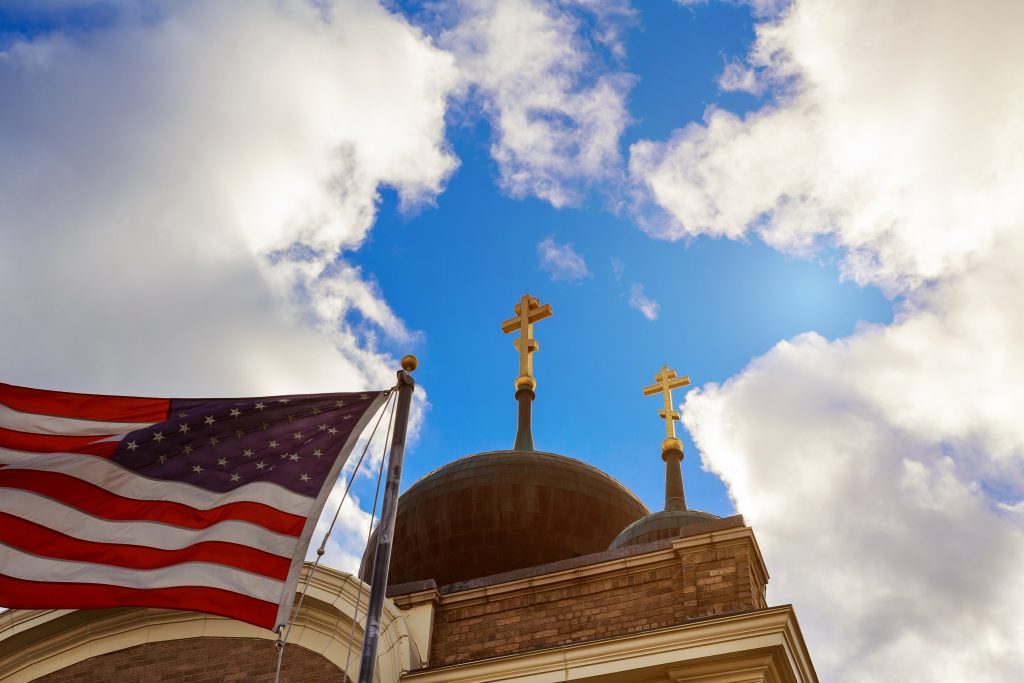Blog April 19, 2019
The Decline of Church Membership

“What’s your church?” In certain parts of the US it’s still one of the first questions you hear when meeting people for the first time. Yet, a new survey by Gallup finds that membership in religious congregations is plummeting. Only half (50%) of the public report that they are a member of a house of worship — church, synagogue or mosque. This represents a precipitous decline over the past few years. In 2013, just five years earlier, nearly six in ten (59%) Americans said they were a member of a religious congregation. The drop marks the first time in the history of Gallup’s polling, which stretches back to 1938, that fewer than a majority of the public reported belonging to a religious congregation.
 Source: Gallup, 2019
Source: Gallup, 2019
Millennial Membership Decline
Younger and older Americans are increasingly inhabiting completely different religious planets. Only 42% of Millennials claim membership in a religious congregation compared to more than two-thirds (68%) of Traditionalists, sometimes referred to as the Silent Generation, the cohort born in or before 1945. Even more notable than the 26-point generation gap between America’s oldest and youngest adults, is that only 57% of religious Millennials—those who identify with a religious tradition — report being members of a congregation.
A Widening Partisan Gap
Nowhere has the disparity in church membership become more acute then between Democrats and Republicans. In the late 1990s, more than seven in ten Democrats (71%) and Republicans (77%) said they belonged to a congregation. Today, fewer than half (48%) of Democrats are members of a church, synagogue or mosque while 69% of Republicans are.
 Source: Gallup, 2019
Source: Gallup, 2019
Liberal Secularization
There is a yawning divide between America’s conservatives and liberals when it comes to congregational membership. While two-thirds (67%) of conservatives report that they belong to a place of worship only 37% of liberals say the same. In the late 1990s, a majority of liberals (56%) claimed membership in a religious congregation.
Unmarried and Unchurched?
The religious gap between married and unmarried Americans has also grown over the last two decades. Today, fewer than half (45%) of unmarried Americans report being members in a religious congregation compared to 59% of married Americans. In the late 1990s, marital status made much less difference in the likelihood that one belonged to a church. 64% of unmarried Americans and 71% of married Americans were members of a church or other house of worship at that time.
The 2018 General Social Survey found that nearly one in four (23%) of Americans are now religiously unaffiliated, but twice as many members of the public no longer claim membership in a formal religious community. Moreover, while belief in God remains strong in the US — if perhaps more varied than previously thought — the vitality of religious life depends on regular association and interaction that congregational membership provides.








